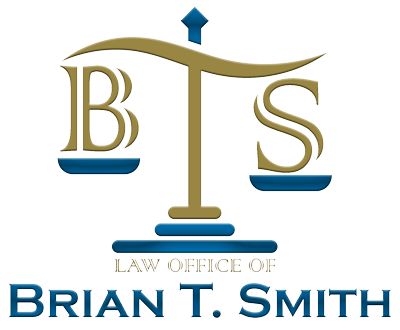Our team can handle all types of bus accident cases in South Carolina including accidents caused by other motorists and motor vehicles on the road. Bus accidents are more common than many think, and due to the size of buses, the injuries involved can be serious and life-threatening. Passengers in complex accidents can suffer serious physical injuries, such as brain injuries, that can require hospitalizations and professional medical attention. Injured victims may also lose the ability to work or earn income and may feel like their life has been put on hold. The long-term consequences of an accident of this nature can be devastating, so it is crucial to take legal action and hire a bus accident lawyer early to ensure your rights are protected.
Traumatic brain injuries are broken down into two classifications: open and closed. “Open” traumatic brain injuries refer to injuries that involve an object penetrating the skull and entering the brain. “Closed” traumatic brain injuries are those where there is no transcranial penetration.
Compensation for traumatic brain injuries and head injuries can come in several forms. An attorney would be able to analyze your individual case and determine the best course of action. Brain injuries and head injuries can cause huge expenses. The following are common expenses associated with traumatic brain injuries and head injuries that could be covered by compensation:
- Medical Bills—for anything from the initial emergency care to continuing life-support services to physical therapy;
- Medical Monitoring—for the necessary medical attention needed to monitor for future potential developments caused by the original injury;
- Pain and Suffering—for the short or long-term impairments that affect your ability to live life to the fullest;
- Lost Wages—for the income you lost due to your inability to work caused by the injury;
- Impairment of Earning Capacity—for the loss of potential income due to the inability to perform work related tasks;
- Lifestyle Changes—for the activities you can no longer enjoy due to complications from the injury;
- Future Damages—for the potential additional problems that will come up due to the original injury. For example, individuals who suffer a head injury resulting in permanent brain damage are more likely to develop clinical depression and Alzheimer’s disease;
- Life-Care—for the non-medical care needs that arise from a traumatic brain injury. Among others, this can include help with housework, driving, and assisting with communication;
- Punitive Damages—if the individual who caused your brain injury acted with recklessness, malice, or intent to do harm, additional compensation may be available.






